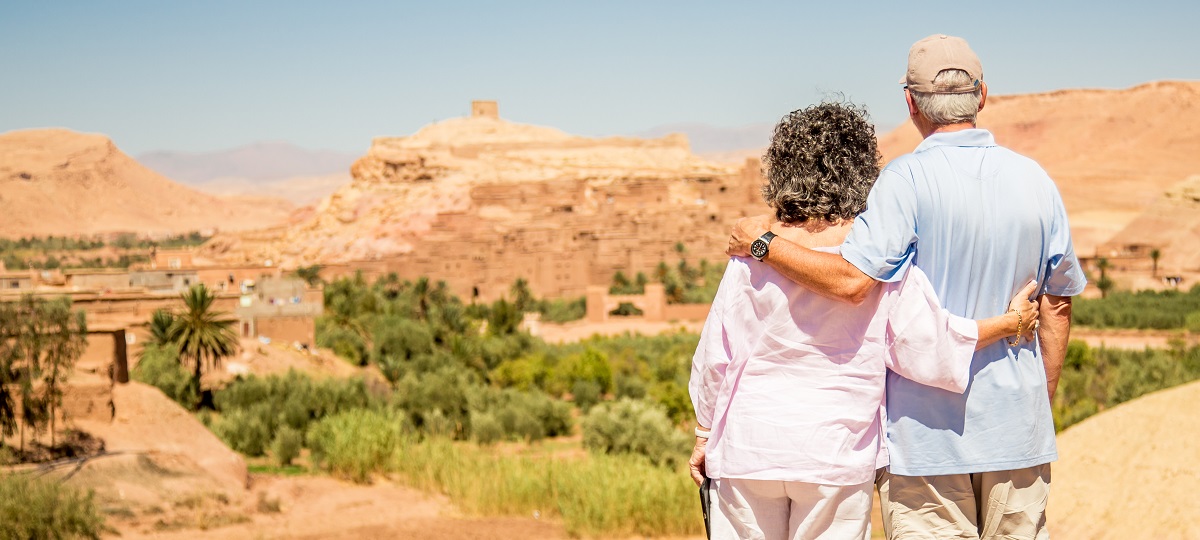Morocco Travel tips
Time Zone
GMT +1 hour
Language
Arabic is the official language, Berber (another dialect) and French are widely spoken while English is understood in most Moroccan cities.
|
ENGLISH |
FRENCH |
MOROCCAN DIALECT |
|
Good Morning |
Bonjour |
Sbah El Khir |
|
Good Evening |
Bonsoir |
Masaa El Khir |
|
Goodbye |
Au Revoir |
Beslama |
|
Please |
S'il Vous Plait |
Afak |
|
Thank You |
Merci |
Choukran |
|
Yes |
Oui |
Na'am |
|
No |
Non |
La |
|
Water |
L'eau |
L'ma |
|
Good |
Bien |
Mzyan |
|
Money |
L'argent |
Flous |
|
How Much? |
Combien? |
Bechhal? |
|
Where Is? |
Ou Se Trouve? |
Fayn? |
|
Ok |
D'accord |
Wakha |
Religion
Morocco is mainly a Muslim country with a minority of Jewish and Christian living peacefully and coexisting together all over the country.
Ramadan (Fasting Month) is observed once a year. During Ramadan, locals may not eat in public and will not be served in restaurants and cafes. Tourists may eat in public, although it is recommended that eating inside is more appropriate to show respect for the local culture.
Currency
The Moroccan currency is the Moroccan Dirham (MAD), and the Code is DH. Minor unit is Centime = 1/100 :
Coins Frequently Used: 1, 2, 5, 10, 20, 50
Banknotes Frequently Used: 20, 50, 100, 200
Money Matters
ATMs & Credit Cards: Major international credit cards are accepted in larger shops, hotels & restaurants. Be sure to get the 4-digit numerical PIN to use ATMs outside of the US. We recommend you keep a small amount of change in Moroccan Dirham for use as tips & for small purchases.
Tipping
Tipping is not compulsory in Morocco. You are travelling on an independent itinerary and the cost of your program does not include gratuities. Tipping is a very personal matter and should only be considered when the staff have gone above and beyond for you. Should you feel you would like to acknowledge their service, please consider the following as a rough guide, per person per day.
|
Type of Service |
Group Size (Number of People) |
|||||
|
1 |
2 |
3 |
4 |
5-9 |
10+ |
|
|
Guide |
30 |
25 |
20 |
15 |
12 |
10 |
|
Driver |
20 |
15 |
13 |
10 |
10 |
10 |
|
Hotel Porters |
5 |
5 |
5 |
5 |
5 |
5 |
Please note: Currency is in USD
The above tipping guidelines are recommendations only and are not compulsory. Please use your own discretion in tipping, based on quality of service.
Taxi drivers do not expect tips but it is polite to round up the figure.
Service charge is sometimes added to restaurant bills. If it is not, a typical gratuity would be 10%.
Tips for airport and hotel porters are sometimes included in our airport transfers.
Weather
Best time to go to Morocco
Morocco is a country influenced by many different climates due to its land contrasts. Usually, it’s a warm country.
Morocco is surrounded by the Mediterranean Sea to the north where the climate is more European. The landscape is more pronounced in the Rif Mountains and in the north generally where the views are spectacular. By the waves of the Atlantic Ocean to the west, the coastal regions are sunny throughout the year and warmer than the north.
The south of Morocco is open to the enormous dunes of sands of the Sahara, and the temperature here reaches some extreme levels.
Coastal Morocco is cooled by breezes from the Mediterranean Sea and the Atlantic Ocean. The rainy season generally extends from October to April. Inland, winters can be quite cold while summers are very hot. The mountain peaks of the Atlas Mountains are snow-capped especially at the beginning of the year (from January to March).
The best times to visit Morocco are from mid-February to June and from October to November.
Clothing
Morocco is a Muslim country, Women should avoid revealing articles of clothing like miniskirts and tank tops out of respect to the local people especially in the rural areas
You should bring sunscreen and good shoes, also a jacket will be needed even in the evenings on warmer days.
Health
Although it is safe to do so in most big cities, it is always advisable not to drink tap water or eat raw vegetables, especially in Desert areas. Bottled mineral water is available throughout the country.
Many hotels claim to have a no-smoking policy, please be aware that this policy is not always enforced and you will almost always still find an ashtray in the room.
Pharmacies are open Monday to Friday, and Saturday morning but closed on Sundays.
In case of emergency, contact the reception of your hotel or our emergency number: +212 (0) 661998138.
While there is a limited risk of Malaria in some parts of rural Morocco (remote areas of the sub-Saharan desert), it is not recommended to take anti-malarial drugs for travellers following standard city-based itineraries. No vaccinations are officially required for entry to Morocco. It is recommended that Tetanus and Hepatitis A vaccines are up-to-date.
For up-to-date information on the latest health and vaccination recommendations, please contact your doctor.
Electricity
In Morocco, you will find two associated plug types, types C and E. :
- Plug type C is the plug that has two round pins
- plug type E is the plug that has two round pins and a hole for the socket’s male earthing pin.
Morocco operates French style on a 220V supply voltage and 50Hz.
Photography
As in all foreign countries, it is considered polite to adhere to and show respect for local customs.
Urban culture is greatly influenced by Western culture, but in rural areas, traditional values, and customs survive.
You should always ask permission before taking photographs of local people as offense could easily be taken. Some locals may ask for a few Dirhams when being photographed.
Arrival and Departure Formalities
Travel Documents in Order to Enter Morocco :
- Your passport should be valid for six months following the date of entry.
- No visa is required for stays up to three months for North Americans and Europeans.
- Tickets and documents for return or onward travel.
- On your first arrival in Morocco, you will be given an entry number on your passport. Please keep it handy as it will be required in the hotels.
- Vaccination: International Certificate of Vaccination for Yellow Fever is required if arriving from an infected area within five days.
- We advise you to make a photocopy of your passport, carried separately, in case of an emergency.
Visa requirements :
- A Moroccan visa is required by all except Citizens of the following Countries: : Algeria, Andorra, Argentina, Australia, Austria, Bahrain, Belgium, Bulgaria, Brazil, Chile, Congo (Rep), Côte d'Ivoire, Guinea, Croatia, Cyprus, Czech Republic, Denmark, Estonia, Finland, France, Germany, Great Britain, Greece, Guinea (Conakry), Hong Kong, Hungary, Iceland, Indonesia, Italy, Ivory Coast, Japan, Kuwait, Latvia, Liechtenstein, Lithuania, Luxembourg, Korea (Rep), Kuwait, Libya, Liechtenstein, Mali, Malta, Mexico, Monaco, Netherlands, New Zealand Niger, Norway, Oman, Peru, Philippines, Poland, Puerto Rico, Qatar, Romania, Russian Federation, Saudi Arabia, Senegal, Singapore, Slovakia, South Korea, Spain, Sweden, Switzerland, Tunisia, Turkey, United Arab Emirates and Venezuela for stays of up to three months.
Local Food
You can find a variety of Moroccan traditional dishes which change depending on where you are in the country. The most common and popular Moroccan dishes are Tagines (vegetables and meat or chicken slow-cooked in a clay ceramic vessel); Couscous (a salty and sweet mixture made from steamed semolina and wheat flour, vegetables, and meats); Moroccan Mechoui (roasted or grilled meat).
Authentic Moroccan mint tea is also an essential part of Moroccan gastronomy. Made from fresh mint, and loose Chinese gunpowder green tea, some even add aromatic jasmine water to give it another touch. You can find it wherever you go!
Local Handicrafts
You can purchase all kinds of souvenirs and Moroccan handicraft items such as candles; accessories and bags made from leather; wooden items such as small boxes, chests, and tables; chessboards made from wood from trees such as cedar, pine, beech, and olive; Moroccan artisan carpets; ceramic items such as vases, jars, pots, plates, and trays.
You may find beautiful jewelry made from gold or silver with carved motifs decorated with valuable stones such as diamonds or emeralds.
What is also captivating is the vibration of colors, the variety of textures, and the fabrics.
Other Notes
As you will have a driver at your disposal for most of your stay you will not need local taxis very frequently.
If you do need to use one during your leisure time, petits taxis are the most common: carrying up to 3 people, they are ideal for short journeys. Bear in mind that these taxis are usually shared unless you specify and agree on a price at the beginning of your journey. At night there is a compulsory surcharge of 50%. You would normally not pay more than 20 Dirhams for a 10-minute ride during the day.
Larger minicabs and Mercedes are used for travel between towns and these vehicles can hold up to 6 passengers.




